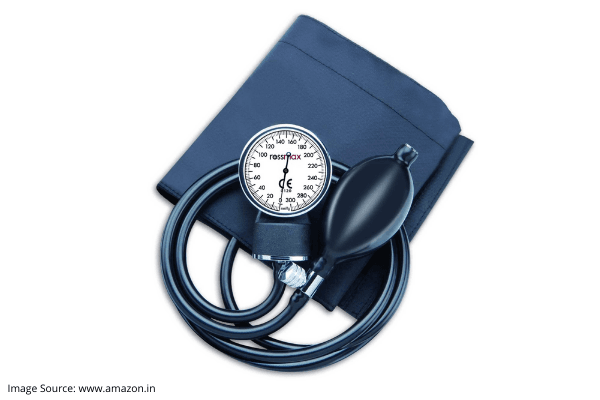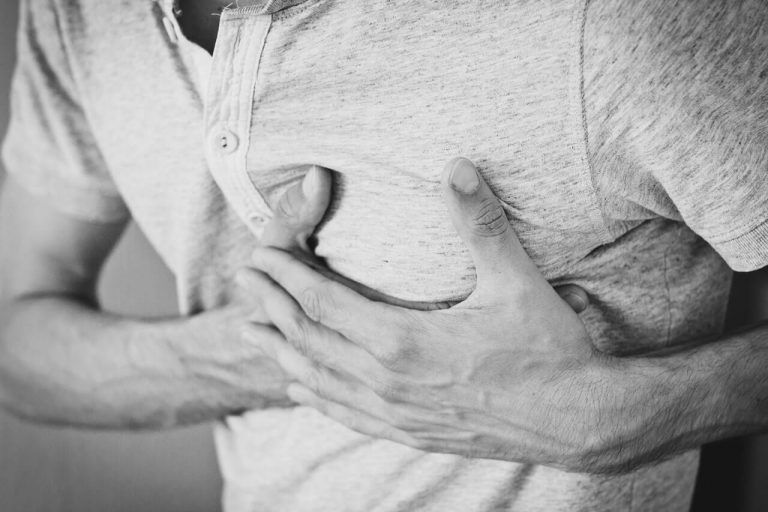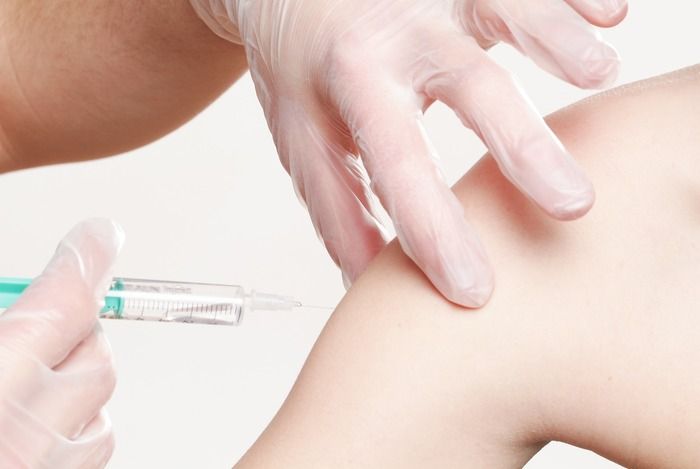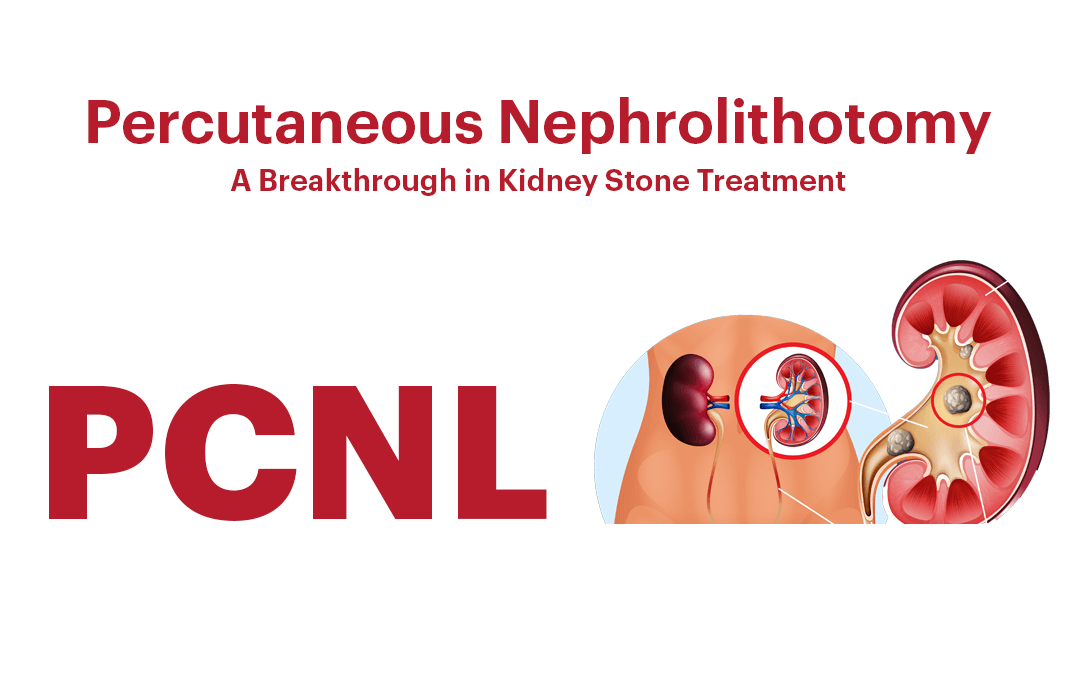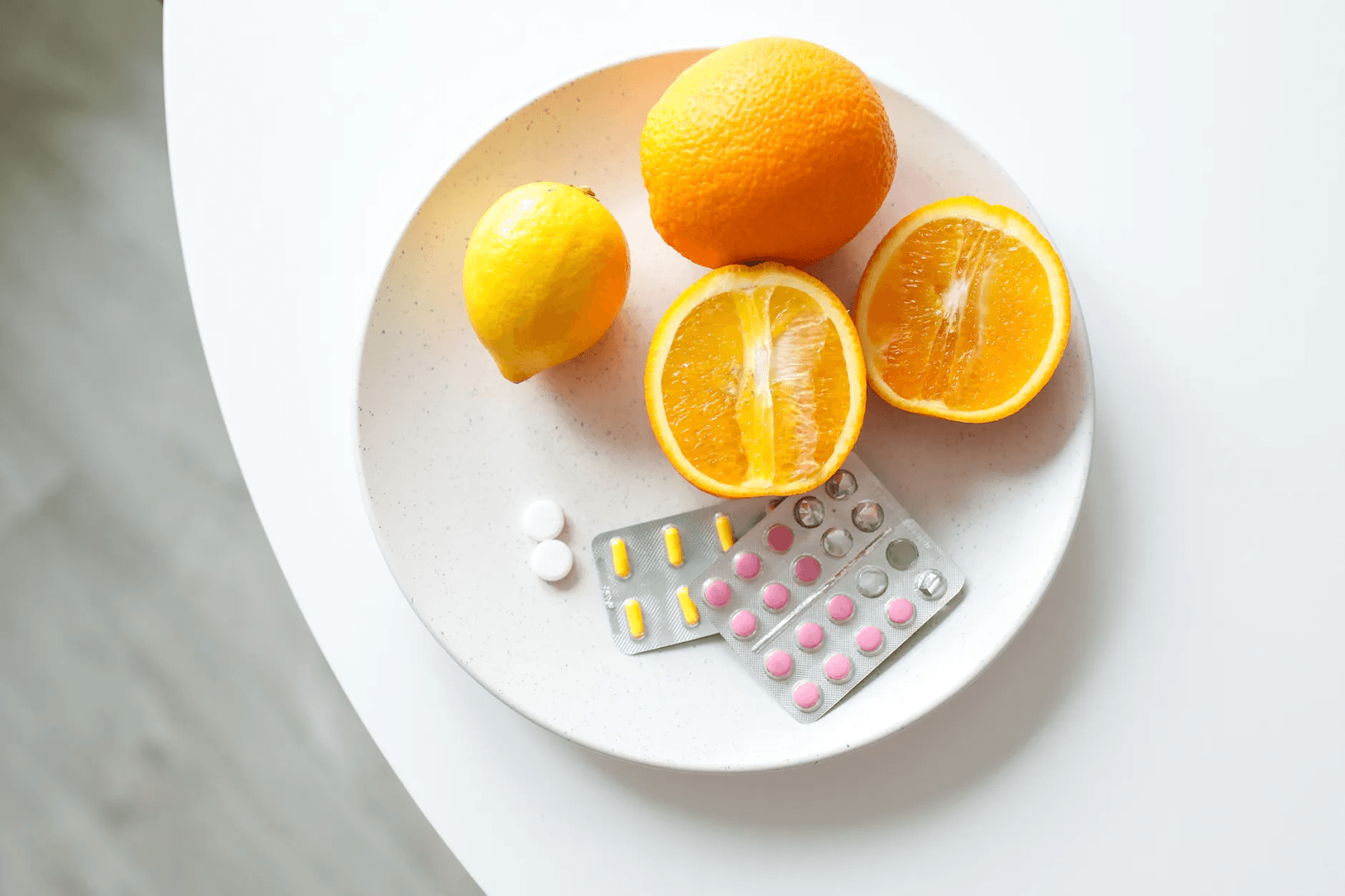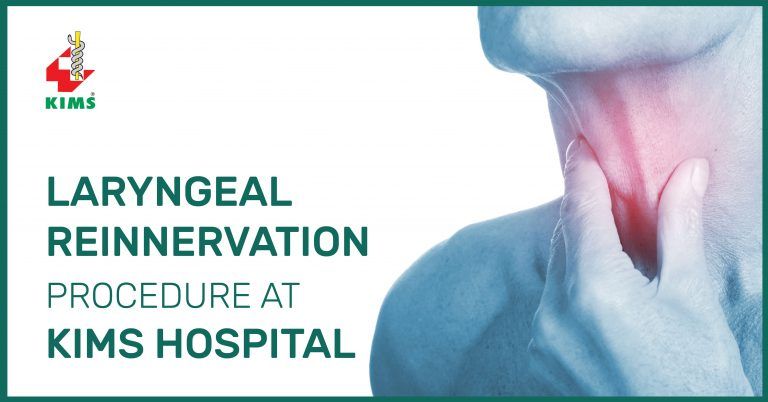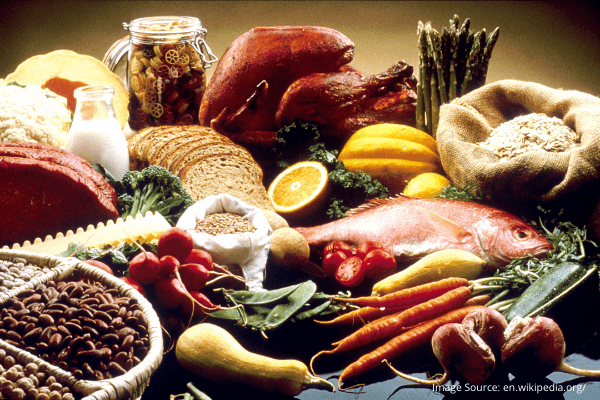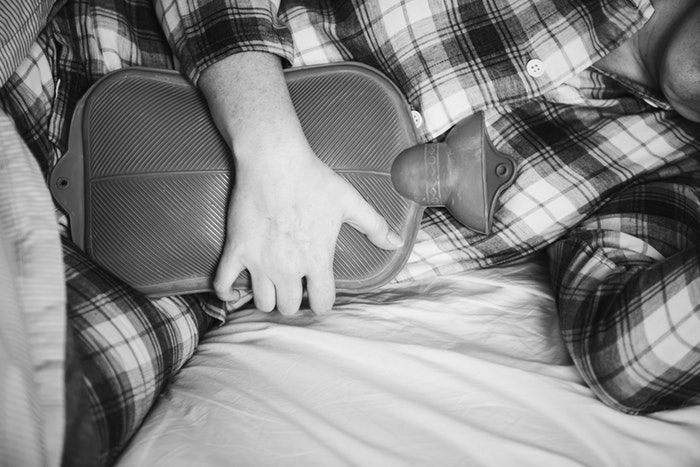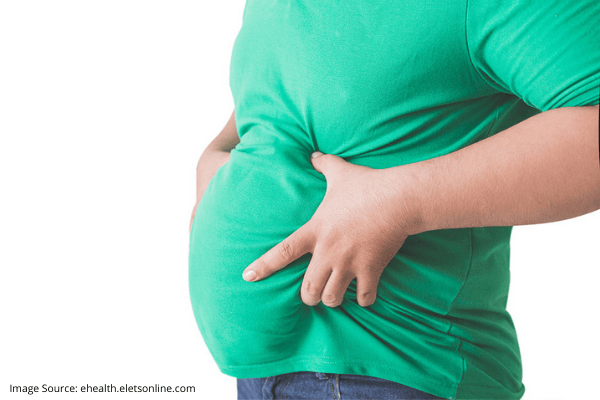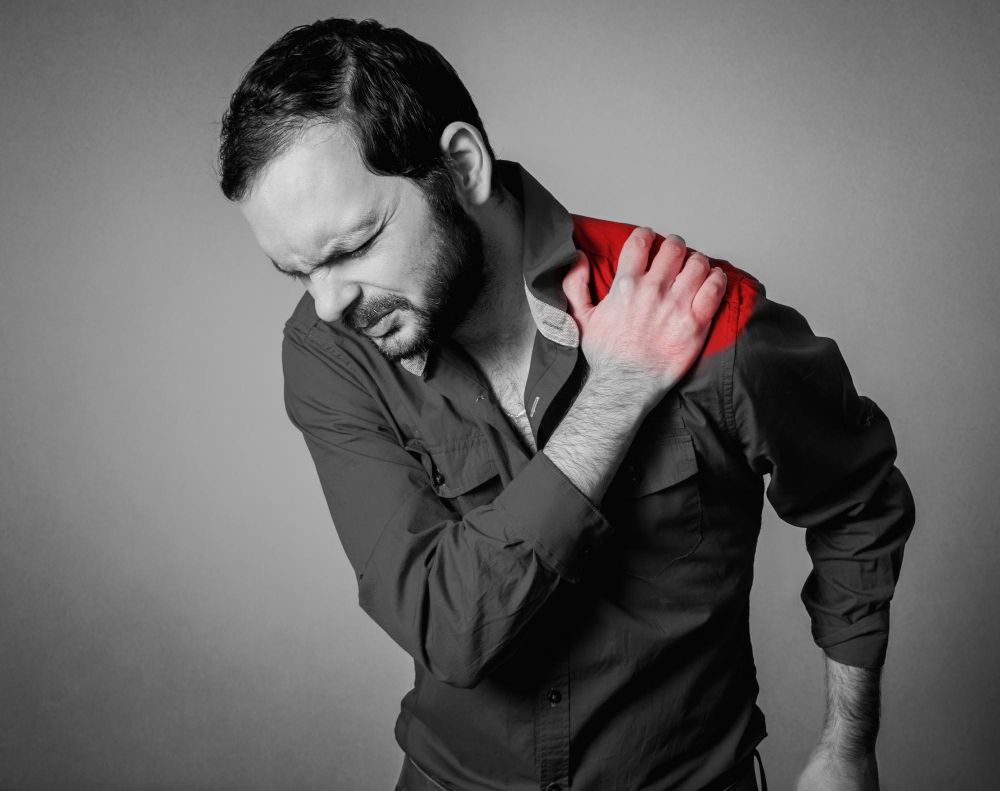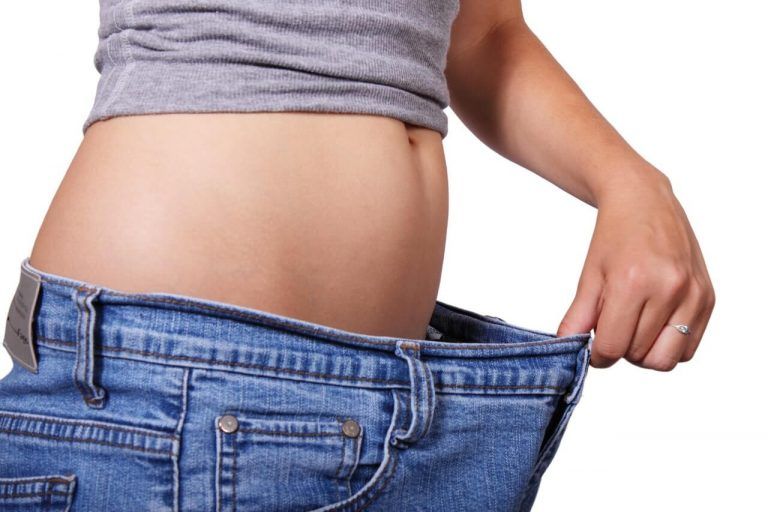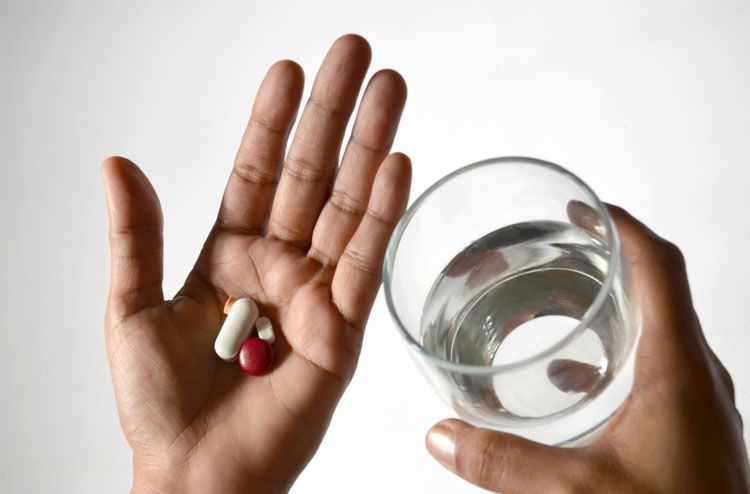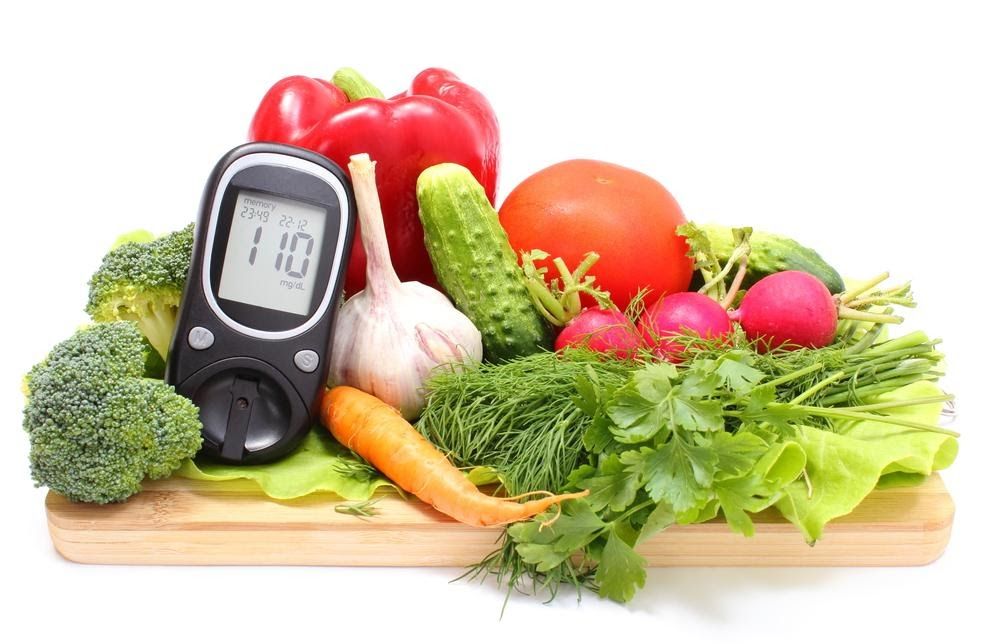What Causes Blood Pressure Spikes?
Hypertension, also known as the silent killer disease, is the cause of at least 7.5 million deaths annually around the world according to the WHO, amounting to a total of about 13% of overall deaths.
The average normal blood pressure of an adult should be 120/80mm/Hg; anything over and above that is considered as primary or essential hypertension that tends to develop gradually over the years. In some people, there can be an additional sudden spike in the blood pressure and this is known as secondary hypertension. This additional higher pressure puts extra strain on the heart and blood vessels, making the heart work harder to pump as well as contributing to arthrosclerosis or hardening of the arteries, stroke, heart failure and kidney disease.
Secondary hypertension usually occurs due to some underlying conditions in hypertensive people; it appears suddenly, causing higher pressure spikes than primary hypertension. Various factors have been implicated in this condition and could include among others, include the following:
Obesity – Excess weight translates to larger volumes of circulating blood with associated greater pressure on the arterial walls and an increase in heart rate as the blood vessels struggle to carry the extra blood. This results in hypertension.
Thyroid problems – This occurs when the body produces too much or too little of thyroid hormones resulting in high blood pressure.
Hyperparathyroidism – This gland controls the calcium levels and in cases of excessive secretion of the parathyroid hormone, the extra circulating calcium levels trigger a spike in the blood pressure.
Kidney problems – Conditions like polycystic kidney disease (cyst in the kidney that stalls normal function), glomerular disease (dysfunctional glomerulous function), reno-vascular hypertension (narrowing of arteries leading to the kidneys), and diabetic nephropathy can all lead to secondary hypertension.
Adrenal tumors – tumors like aldosteronism and pheochromocytoma of the adrenal gland can lead to production of increased hormone levels that elevate blood pressure.
Obstructive sleep apnea – This condition is marked by heavy snoring and repeated breaks in breathing that lead to drops in oxygen levels; this leads to over activity of the nervous system leading to release of chemicals that cause hypertension.
Certain medications and supplements – Cold medications, decongestants, certain NSAIDs, anti-depressants, birth control pills as well as prescription drugs can cause secondary hypertension. Certain components of herbal medications like ginseng, licorice and ephedra also spike blood pressure; chronic alcohol abuse as well as using illegal drugs does the same.
If not given timely treatment, secondary hypertension can result in dangerous situations like aneurysm, heart failure, atherosclerosis (thickening of arteries), abnormal blood vessels in the eye, weakened or narrowed vessels in the kidney, metabolic syndrome, trouble with memory and understanding, etc.
If you have a similar condition as mentioned above or have symptoms of uncontrolled pressure such as fatigue, headaches, vision disturbances, breathlessness, chest pain, a pounding chest, etc, it might be a good idea to consult your doctor for another evaluation of your blood pressure.
Ten Effective Remedies That You Can Refer to When You Are Suffering from Muscle Cramps
Finally starting off with the gym life can get too overwhelming until you hit those muscle cramps along with the weights.
ICSI(Intra Cytoplasmic Sperm Injection)
Normally during every mid-menstrual period, one of the 2 ovaries releases an ovum. Each ovum is covered by a membrane called follicle,
Pregnancy and Delivery Care
Nothing could possibly compare to the joy of becoming a parent. After nine long months of waiting, the moment you have been waiting for is almost there:
Some Common Causes of Chest Pain
The first thing that jumps into the mind whenever you have some sort of chest pain is heart attack! It’s only human to feel that way
Organic Food Vs GMO Food: What Should You Pick?
There is no doubt that the quality of food we consume is crucial for our good health. And with more people becoming health conscious the d
Importance of Breastfeeding and Vaccinations for Newborns
Going nature’s way is best when it comes to providing nourishment for the apple of your eye – your baby. Breast milk is best for your baby as it
Percutaneous Nephrolithotomy (PCNL): A Breakthrough in Kidney Stone Treatment
Kidney stones, those small, hard mineral deposits that form in the kidneys, can cause excruciating pain and discomfort.
Skin Tags - Benign Tumor or Cancerous Tumor?
Skin tag if observed is a narrow stalk that hangs about your skin, bulging at the end. They are usually freshly colored and can grow anywhere on your body.
3 Ways Vitamin C is Helpful for the Immune System
The water-soluble vitamin, Vitamin C is also known as ascorbic acid. It is helpful in building up the blood vessels, skins, and making bones stronger
4 Signs of Mental Illness
As life has gotten fast and hectic, different health issues have got introduced lately. Not just physical issues,
4 Ways Night-Shifts Can Be Dangerous For Your Menstruation And Ovulation
A good night's sleep is of value for pregnant women. But with strenuous work-hours and shift work, sleep can quite a luxury for all.
Causes Of Infertility in Women
More and more women are putting off pregnancy till well into their 30’s or early 40’s for career reasons; infertility is fast becoming a major heartbreaking issue for such couples.
Do Not Indulge in These 9 Common Dieting Mistakes
Dieting is not just about eating less or starving yourself to meet unrealistic goals. Healthy dieting involves making informed food choices.
Laryngeal Reiinervation Procedure at KIMS Hospital
Mr. K.P 56-year-old business executive from Bangalore underwent a thyroid surgery two years back.
Learn How Stress Affects Your Heart Health
Stress is a frequent side effect of the modern 21st Century lifestyle. We’re always running around to meet deadlines, pay bills we tend to
Lose Weight: The Healthy Way
Almost everyone we know is worried about the way they look. There are several concerns people have, like their complexion
Myths About Bariatric Surgery
Bariatric surgery – be it the gastric bypass and other weight-loss surgeries – involve making changes to your digestive system to help you lose weight.
Non-alcoholic Fatty Liver Disease: Should You be Worried?
A recent study has found that 1 in 5 people in India suffers from liver disorders. Before you blame it on the increased alcohol consumption
Obesity and its Relation to Type 2 Diabetes
Diabetes is a condition that arises when the body doesn’t produce enough insulin,, hence there is excess glucose in the blood
Rotator Cuff Tear
A rotator cuff tear is a rotator cuff injury that can cause shoulder pain and loss of arm function. The rotator cuff is a set of muscles and tendons in your shoulder.
What Happens to Your Body When You Fast?
Fasting has been practised by humans for thousands of years as a way of rejuvenating the mind, body and soul and as a common ritual of many religions from all over the world
Why You Shouldn’t Consume Medicines with Cold Water
There has been a long-raging debate on the temperature of water needed for consuming medications. You won’t find much as in research papers
10 Tasty Delicious Diabetic-Friendly Recipes
Worry about it no more, as a healthy diabetic diet does not have to be bland. Instead, you can enjoy a myriad of flavorful, low-calorie
4 Not So Common Health Problems in Teenagers
The current generation of teenagers have far more access to technology and gadgets than their parents did.
4 Secrets to Adjusting Your Toddler's Sleep Cycle
Most of the parents, some time or the other, may have faced the trouble of making their toddlers sleep at night.
Related Blogs
Ten Effective Remedies That You Can Refer to When You Are Suffering from Muscle Cramps
Finally starting off with the gym life can get too overwhelming until you hit those muscle cramps along with the weights.
ICSI(Intra Cytoplasmic Sperm Injection)
Normally during every mid-menstrual period, one of the 2 ovaries releases an ovum. Each ovum is covered by a membrane called follicle,


